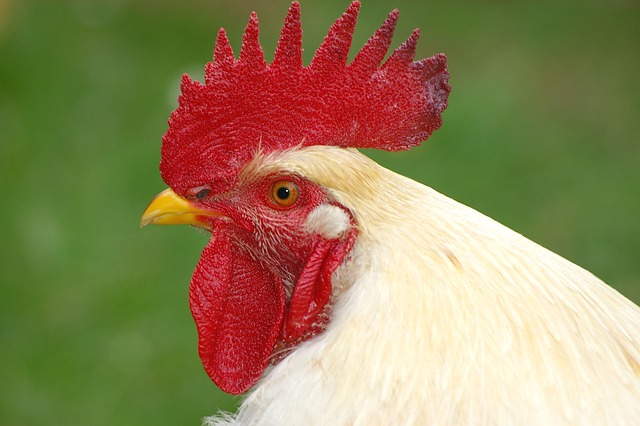Leaf collection and mulching are crucial for a healthy yard, offering ecological benefits like improved soil structure, weed suppression, moisture retention, and enhanced plant health. Yard waste removal and recycling, vital environmental conservation tools, prevent landfill waste and enrich local soils. To manage this effectively, choose the suitable mulch type (organic or inorganic) and spread it evenly at 2-4 inches. Annual maintenance ensures optimal conditions for recycling, integrating organic and inorganic mulches for a balanced approach that enhances landscape beauty while promoting sustainability.
“Enhance your garden’s health and contribute to environmental conservation with leaf collection and mulching. This practical guide explores the multifaceted benefits of these processes, from improving soil fertility to reducing yard waste. We’ll delve into the step-by-step process, highlighting how proper mulching can create a vibrant, sustainable ecosystem. Moreover, discover how recycling yard waste through mulching contributes to environmental stewardship. Get ready to transform your outdoor space and adopt eco-friendly practices with these valuable insights.”
- Understanding Leaf Collection and Mulching: Benefits and Process
- The Role of Yard Waste Removal in Environmental Conservation
- Tips for Effective Mulch Application and Long-Term Maintenance
Understanding Leaf Collection and Mulching: Benefits and Process

Leaf collection and mulching are essential practices for maintaining a healthy yard, offering both environmental benefits and practical advantages. By understanding this process, homeowners can efficiently manage their yard waste removal and recycling efforts. The primary benefit lies in the transformation of fallen leaves into nutrient-rich mulch, which is a valuable resource for landscaping.
This simple yet powerful method involves gathering leaves and reducing them into smaller pieces, typically through shredding. The resulting mulch can be used to improve soil structure, suppress weeds, and retain moisture, thereby enhancing overall plant health. Moreover, it contributes to environmental sustainability by recycling organic material that would otherwise end up in landfills as yard waste.
The Role of Yard Waste Removal in Environmental Conservation

The practice of yard waste removal plays a pivotal role in environmental conservation efforts, offering both immediate and long-term benefits for local ecosystems. Effective yard waste management begins with responsible collection, where materials like leaves, grass clippings, and garden trimmings are properly separated from general household rubbish. This initial step is crucial as it paves the way for subsequent recycling and composting processes.
By implementing sustainable yard waste removal practices, communities can significantly reduce their environmental footprint. Recycling and composting these organic materials not only diminishes the volume of waste sent to landfills but also enriches local soil with essential nutrients, promoting healthier plant growth. Moreover, it contributes to a circular economy by repurposing natural resources, thereby reducing the demand for synthetic fertilizers and other chemical inputs in agriculture.
Tips for Effective Mulch Application and Long-Term Maintenance

To ensure effective mulch application, start by choosing the right type for your needs. Organic mulches like wood chips or straw not only enhance soil fertility but also suppress weeds naturally. Inorganic options like stones or rubber chips offer long-lasting solutions and prevent weed growth effectively. Spread the mulch evenly across your yard waste removal areas, ensuring a consistent thickness of 2-4 inches. This uniform application prevents excessive moisture retention that could lead to root rot, and ensures optimal conditions for recycling yard waste.
Regular maintenance is key to keeping your mulch in top condition. Turn or replenish the layer annually to maintain its effectiveness, especially in regions with frequent rainfall. Monitor for signs of decomposition or weed intrusion and address these promptly. Integrating a mix of organic and inorganic mulches can provide a balanced approach, combining long-lasting structure with natural nutrient addition. Remember, efficient mulch application contributes to sustainable yard waste recycling practices, reducing environmental impact while beautifying your landscape.
Leaf collection and mulching are simple yet powerful practices that contribute to both environmental conservation and beautiful landscapes. By understanding the benefits and implementing effective strategies, including proper yard waste removal and recycling, homeowners can transform their outdoor spaces while promoting a healthier ecosystem. These techniques ensure a lush garden and play a vital role in preserving our natural resources for future generations.














